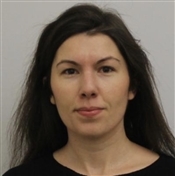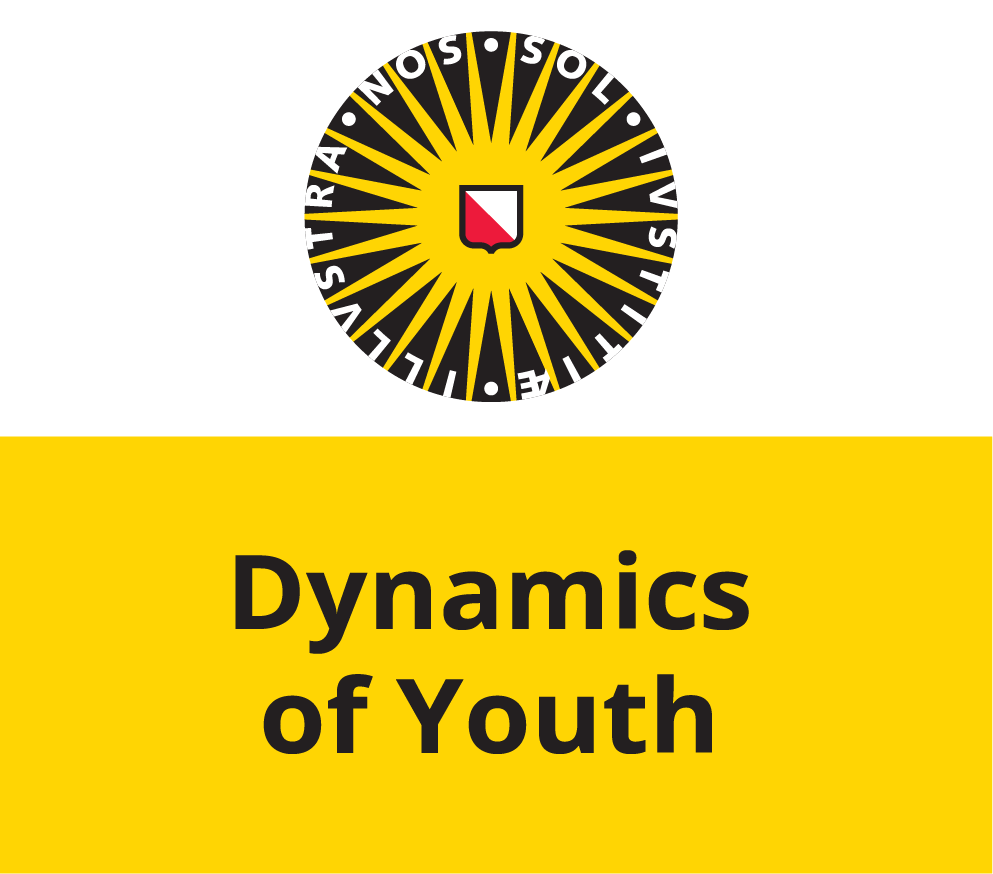Keynotes
Our keynotes consist of multidisciplinary duo presenters who will highlight a specific topic from two different viewpoints. We have chosen to highlight a variety of topics and invited speakers from five different faculties.
Keynote 1 – ‘What’s in a face: How do facial expressions relate to social behaviour?’
The perception and expression of facial expressions are important building blocks for the social development of children. During the first year of life, children start showing and perceiving a variety of expressions. However, there are developmental differences between children in these abilities. This keynote showcases how the perception and expression of facial expressions relate to variance in children’s social behaviour. Carlijn van den Boomen will discuss why children vary in their ability to differentiate between emotional facial expressions. She uses electroencephalography (EEG) to study differential responses in the brain activity of infants and toddlers. Carlijn will present the relation between emotional face perception and social input and -behaviour of children: (i) the relation with infant’s social behaviour during parent-child interaction; and (ii) the relation with infant’s social input during the Covid-19 pandemic. Next, Itir Onal Ertugrul will present her work on developing AI methods to automatically detect facial expressions in infants from video recordings. These methods allow for large-scale, fine-grained analyses of infant facial behavior. She will discuss how these automated approaches can be used to (i) examine parent–infant interactions across different contexts, (ii) predict early signs of withdrawn behavior and attention difficulties, and (iii) differentiate between forms of shyness during infant–stranger encounters.

Dr. Carlijn van den Boomen is an Assistant Professor at the Department of Psychology (Social and Behavioral Sciences). Her research focuses on the factors that influence the development of emotional face processing in children from infancy to adulthood. Dr. van den Boomen recently published an article about the influence of COVID-19 on emotional face processing (click here to read more).
Dr. Itir Önal Ertuğrul is an Assistant Professor at the Department of Information and Computing Sciences (Science). In her research, she focuses on the automated analysis and synthesis of facial actions to understand human behavior, emotion, pain, and psychopathology. Dr. Önal Ertuğrul recently acquired an NSWO SSH XS grant on automated assessment of ADHD (click here to read more).

Keynote 2 – Sounds and computation
In the second keynote, Prof. Anja Volk and dr. Frans Adriaans will bring together two lines of research that involve computational methods applied to early childhood research in music and speech. The first line, presented by Prof. Volk, focuses on music computation to support child development, employing music’s affordance for rhythmic entrainment. The second line, presented by dr. Adriaans, focuses on computational models of early language development, in particular the learning from infant-directed speech and early bilingual language development. They will identify and discuss some challenges that lie ahead in advancing the application of computational methods to early childhood research.

Prof. Anja Volk is Professor of Music Information Computing (Science). In her research, she focuses on the way humans process music information and the role music can play in advancing health and well-being. In her research she primarily uses computer science techniques, including computational analysis. Last year, prof. Volk delivered her inaugural lecture with a musical twist (click here to read and and hear more).
Dr. Frans Adriaans is an Assistant Professor at the Department of Languages, Literature and Communication and the Institute for Language Sciences (Humanities). In his research, he investigates how infants learn sound categories and combinations, primarily using computational models. Dr. Adriaans was recently awarded an NWO Open Competition M grant to study early bilingual language development using a multidisciplinary approach (click here to read more).

Keynote 3 – Play
Fearful adults, restrictive regulations, and uninspiring playgrounds are limiting children’s opportunities to engage in risky play. What does this mean for child development? And how can we create places that encourage climbing, speed, and adventure? In this keynote lecture, Kirsten Visser (urban geographer) and Heidi Lesscher (behavioural neuroscientist) will explore the essential role of risky play in the development of children. They will discuss current research on children’s own experiences, the developmental value for brain and behaviour, and present opportunities and challenges for creating environments that stimulate risky play for all children.

Dr. Heidi Lesscher is an Associate Professor at the Department of Population Health Sciences (Veterinary sciences) and co-chair of the Dynamics of Youth community Thriving and Healthy Youth. In her research, she focuses on the early development of cognitive control in general, and the role of play in the development of brain and behavior.
Dr. Kirsten Visser is an Assistant Professor at the Department of Human Geography and Spatial Planning (Geosciences). In her research, she focuses on the situation and development of children, young people, and families from a geographical perspective, and primarily on outdoor play.



